Patricia Kingori, a sociologist and professor at the University of Oxford, has shed light on a multibillion-dollar industry in Kenya where thousands of highly educated individuals, known as shadow scholars, engage in contract cheating by ghostwriting academic essays and theses for students in wealthy countries. According to Kingori's documentary, The Shadow Scholars, an estimated 40,000 shadow scholars in Nairobi produce several essays every day, often with tight turnarounds, for students in the global north.
Kingori, who has researched ethics and power in health, medicine, and science, visited Kenya to meet these shadow scholars and understand the scope of the industry. The documentary, executive-produced by Steve McQueen, reveals how students in the global north outsource coursework to shadow scholars, often due to lack of time or academic skills. Kingori's research highlights the complex power dynamics at play, where students in wealthy countries exploit the underemployment of highly educated individuals in Kenya.
The documentary also raises questions about the implications of this industry on academic integrity and the value of education. "When students pay someone to do their work, they're not learning," Kingori said in an interview. "They're not developing the skills they need to succeed in their careers or in life." Kingori's research suggests that the industry is not only a multibillion-dollar business but also a symptom of a larger issue: the commodification of education.
Kingori's own background in Kenya provides a personal perspective on the issue. She undertook doctoral research in the country until political unrest forced her and her family to leave in 2007. Her experience highlights the brain drain that has occurred in many African countries, where highly educated individuals are forced to seek opportunities abroad due to limited job prospects.
Experts in the field of education and ethics have weighed in on the issue, emphasizing the need for greater regulation and awareness about the risks of contract cheating. "The industry is a ticking time bomb," said Dr. Jane Smith, a professor of education at a leading university. "If we don't address the root causes of this issue, we risk undermining the value of education and creating a culture of cheating that is difficult to reverse."
The documentary has sparked a wider conversation about the ethics of contract cheating and the need for greater transparency in the academic industry. As Kingori's research continues to shed light on this complex issue, it remains to be seen how governments, universities, and students will respond to the challenges posed by the multibillion-dollar fake-essay industry.
In a statement, the University of Oxford acknowledged the issue and emphasized the importance of academic integrity. "We take the issue of contract cheating very seriously and are committed to ensuring that our students understand the risks and consequences of cheating," a spokesperson said. As the debate continues, one thing is clear: the shadow scholars industry is a complex issue that requires a nuanced and multifaceted approach to address.
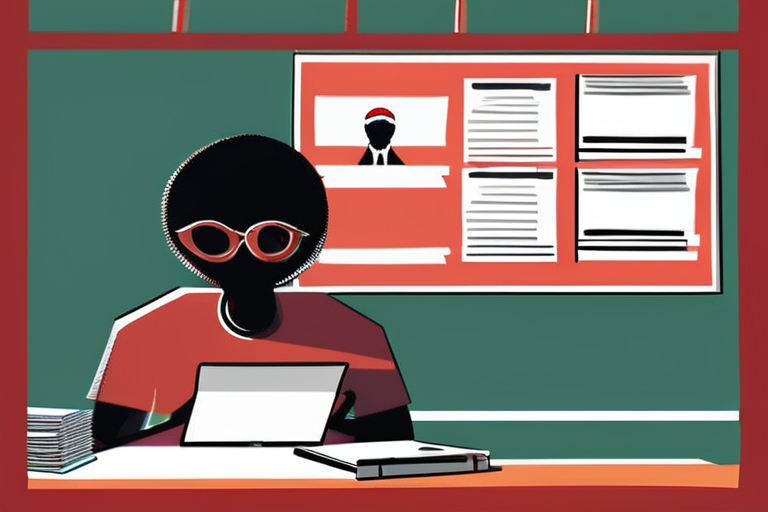



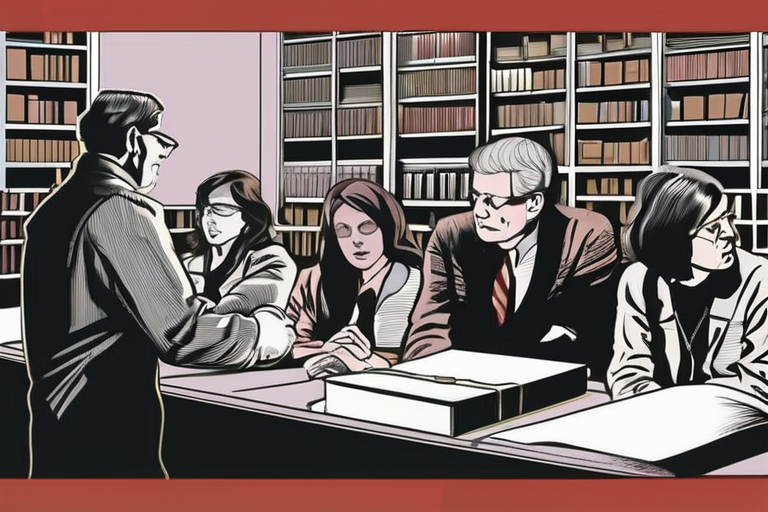
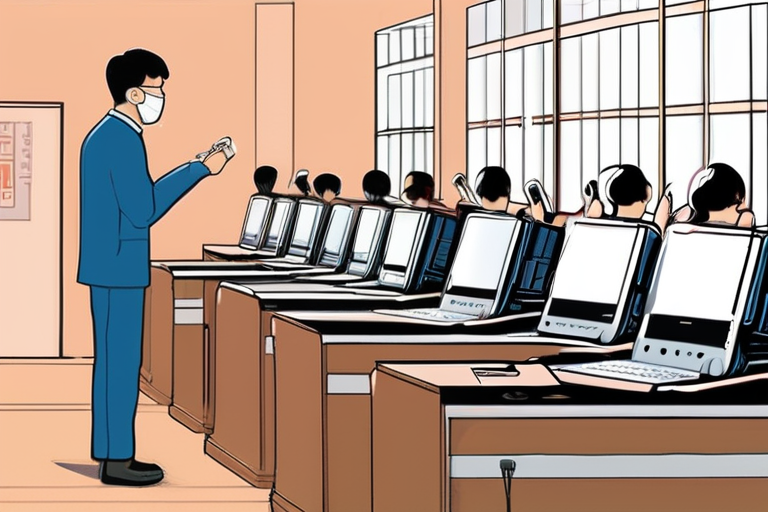
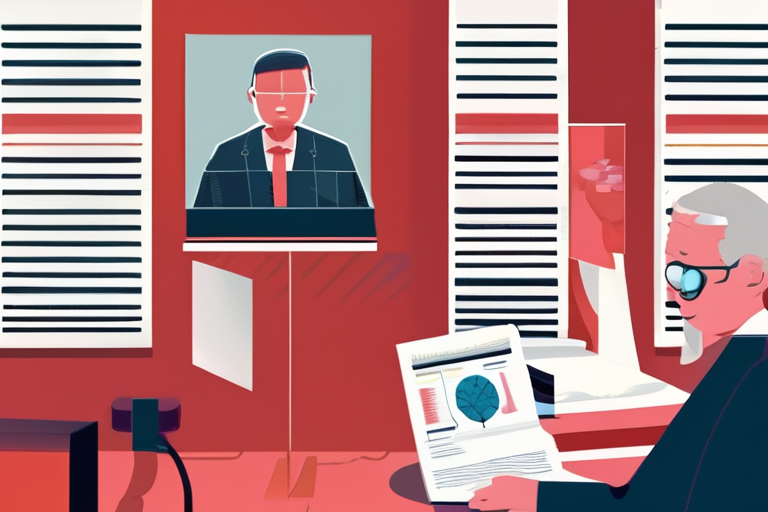
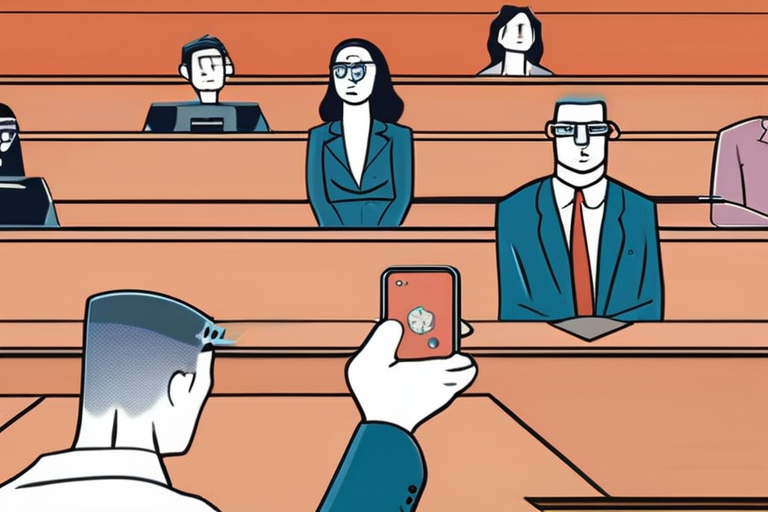
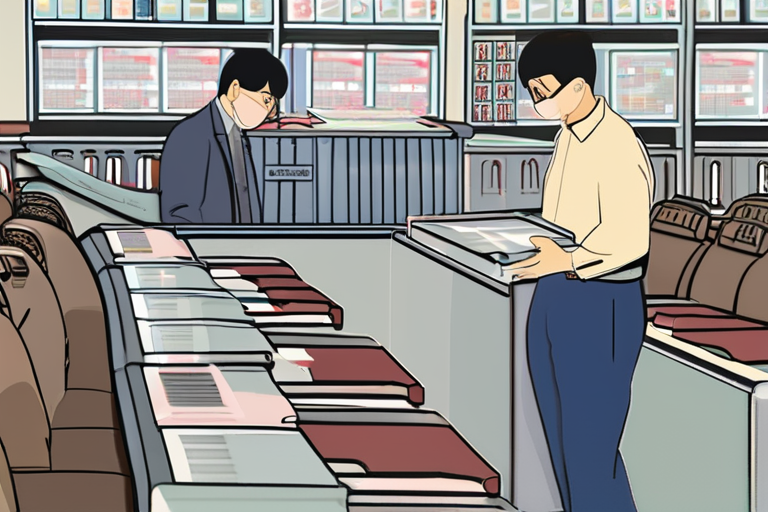
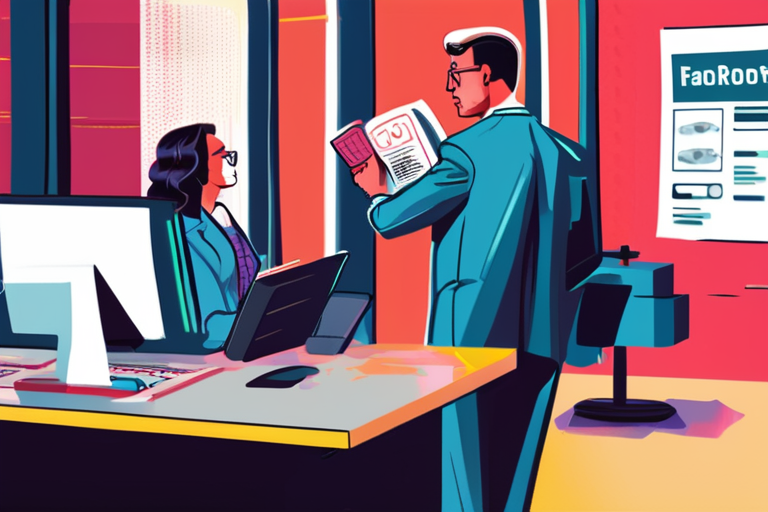



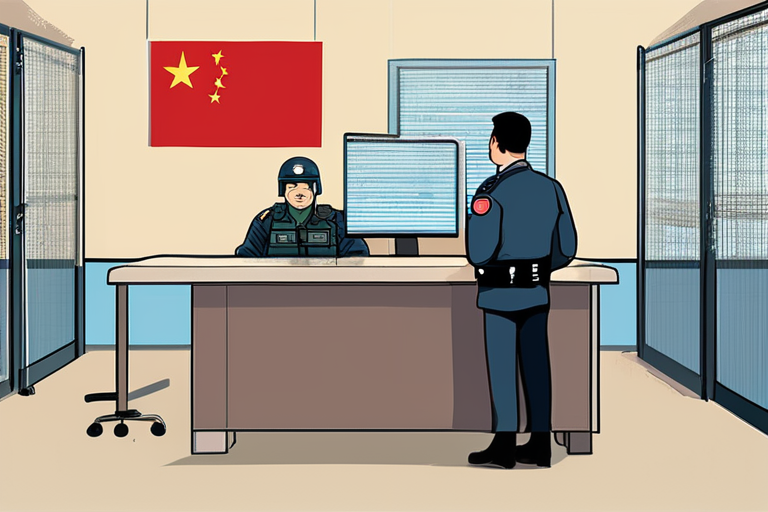


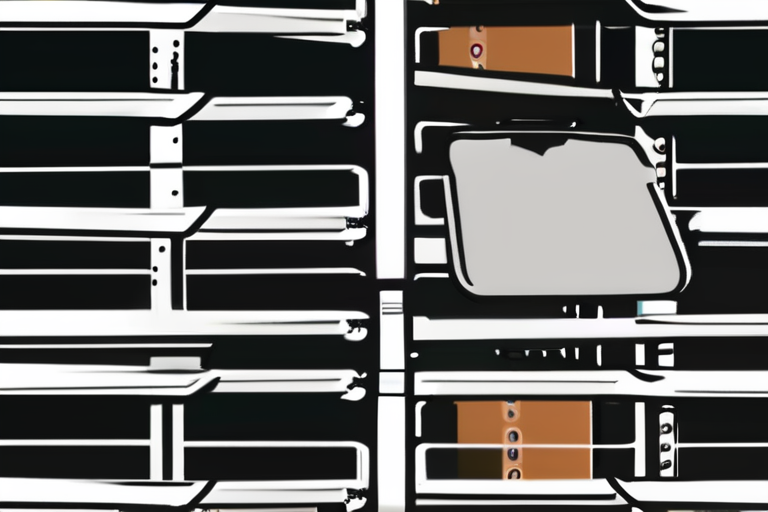


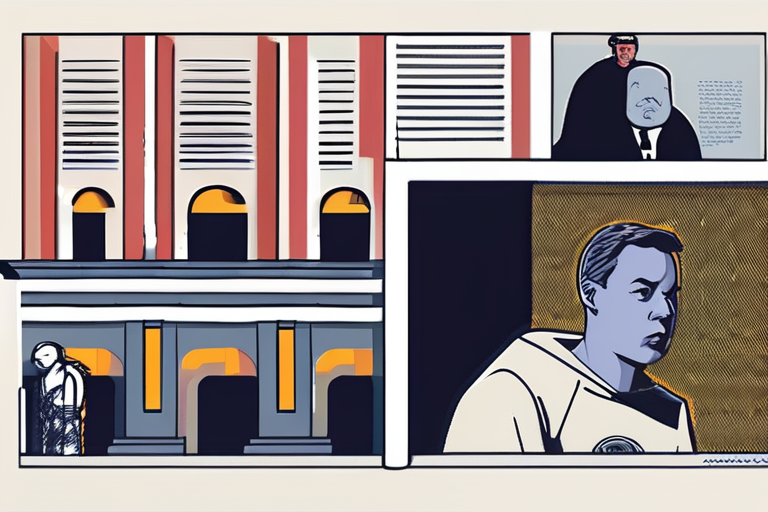



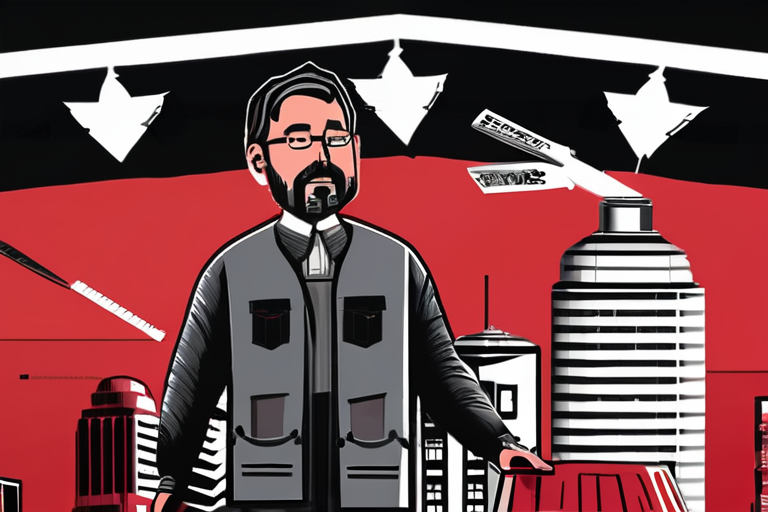

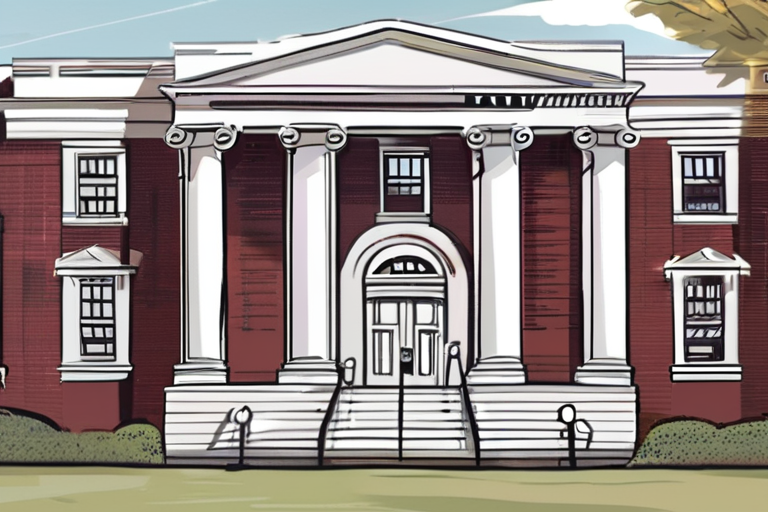
Share & Engage Share
Share this article